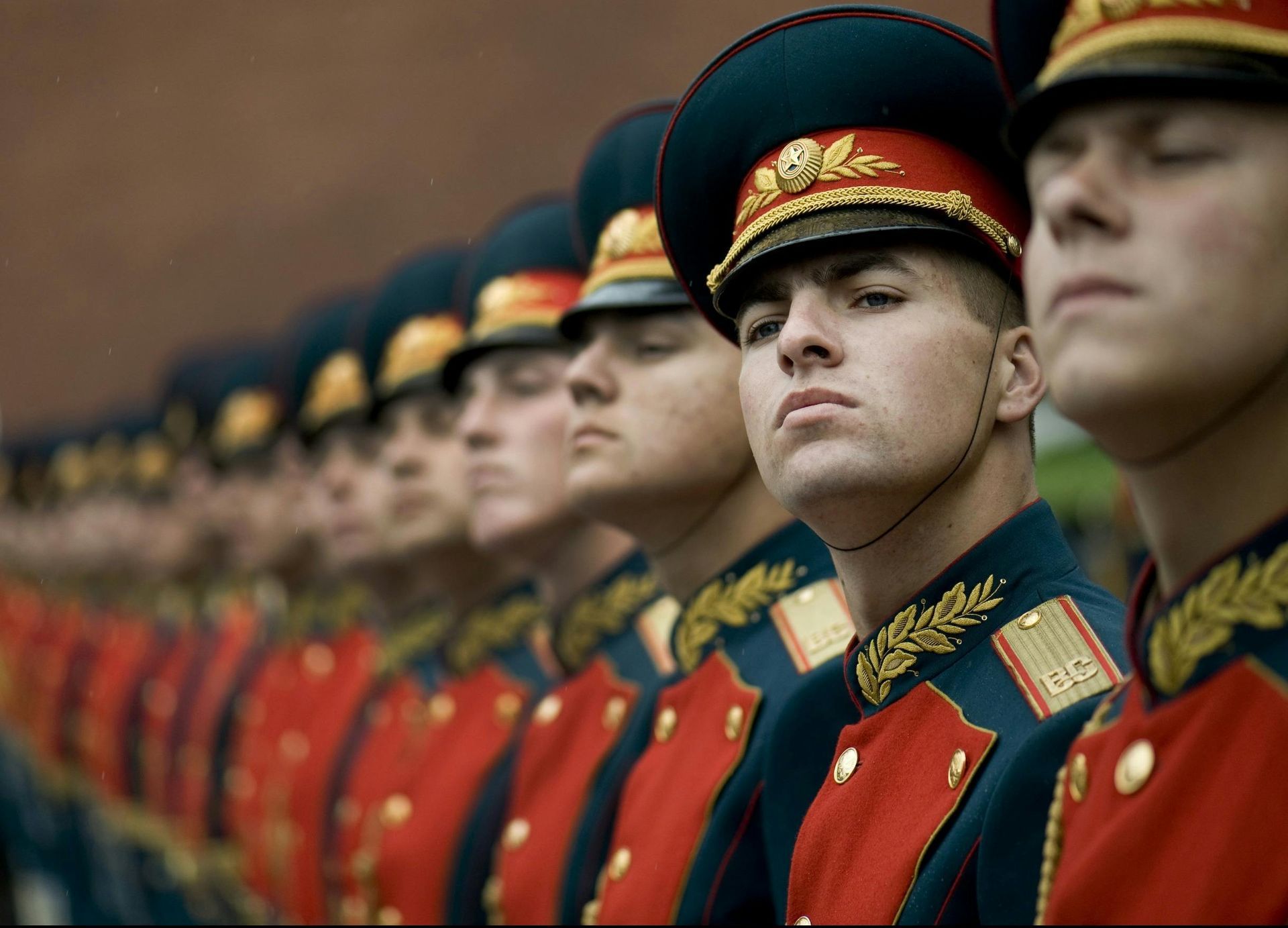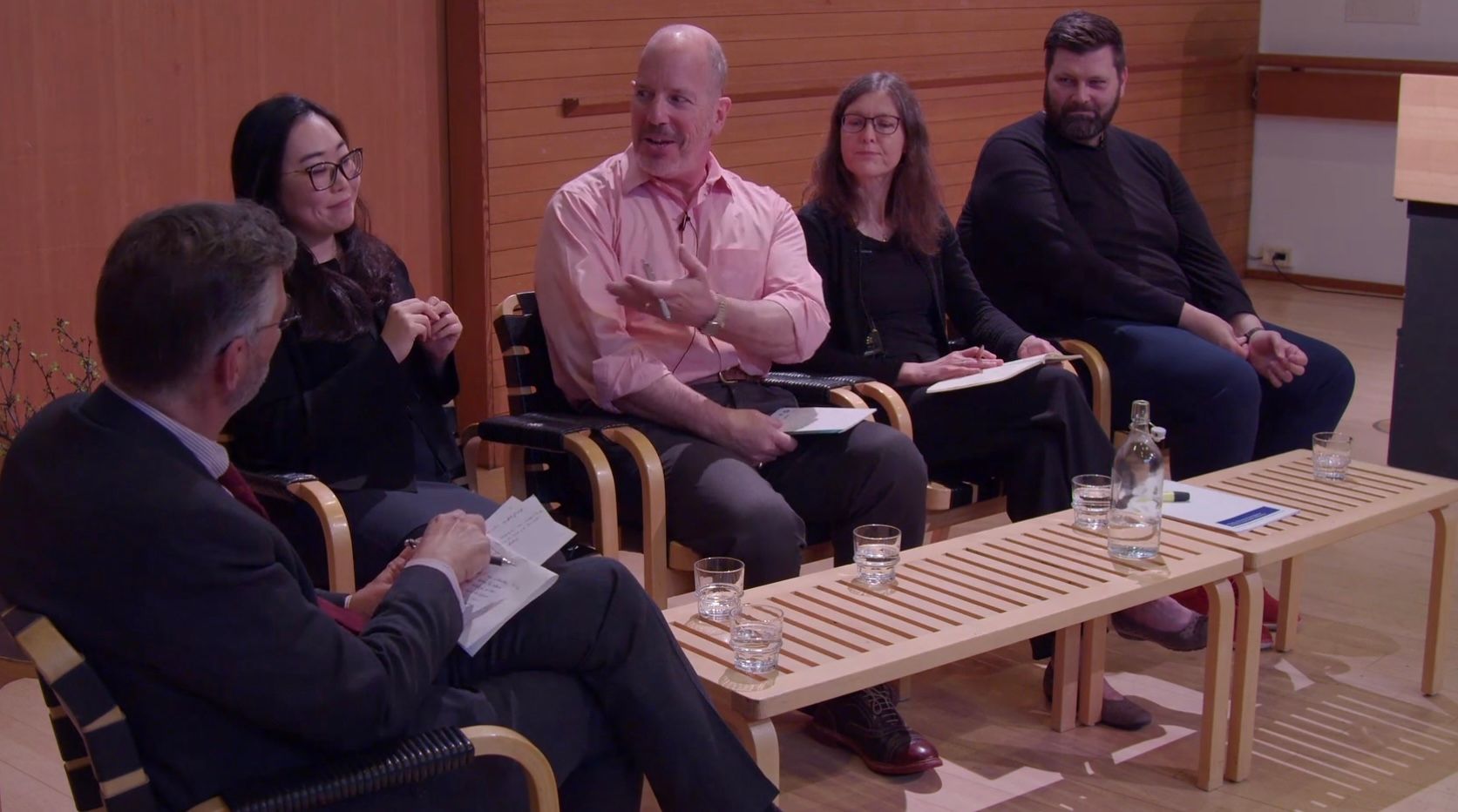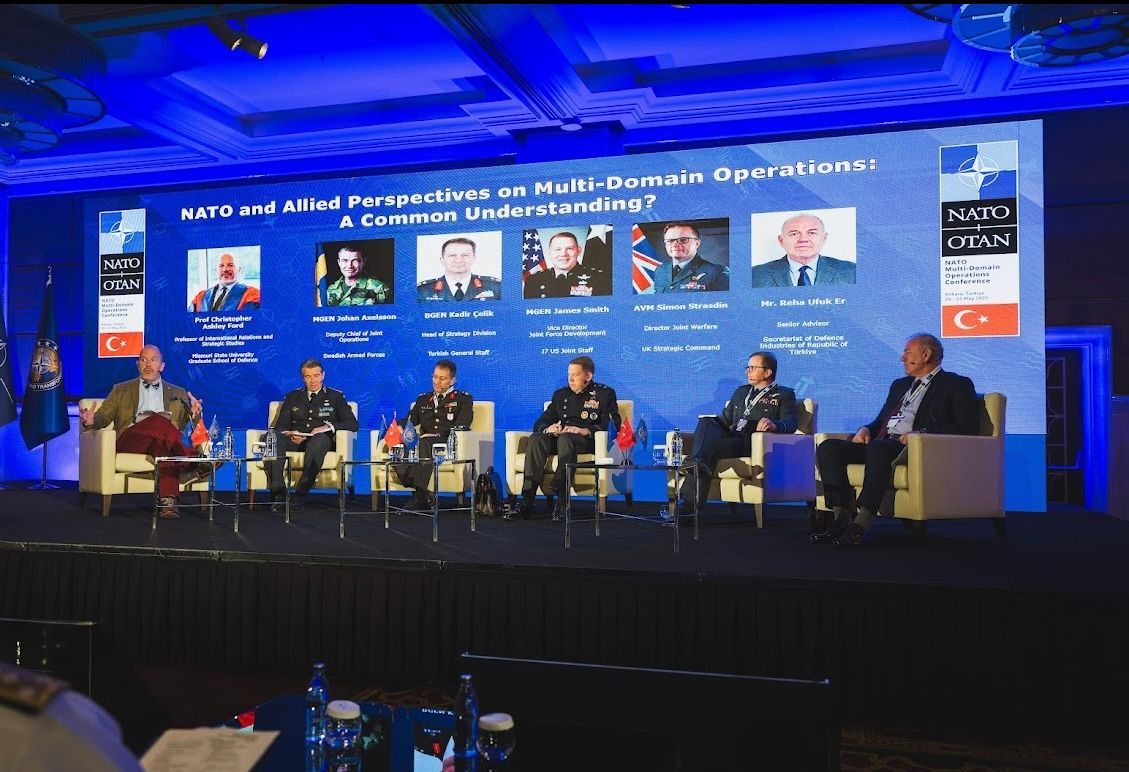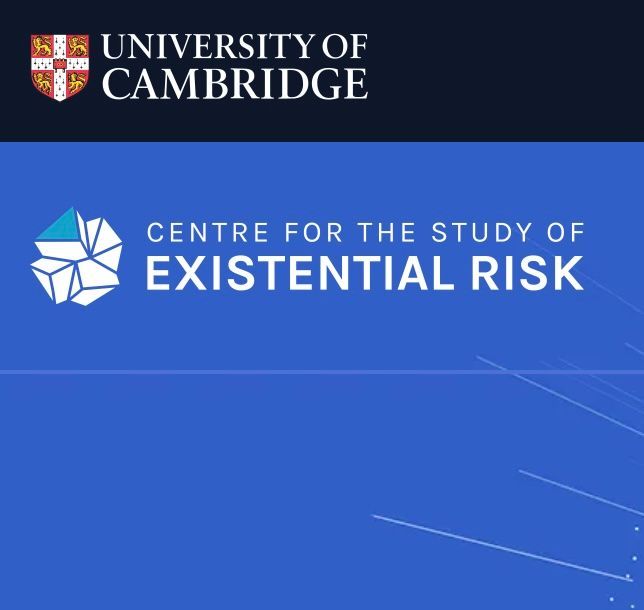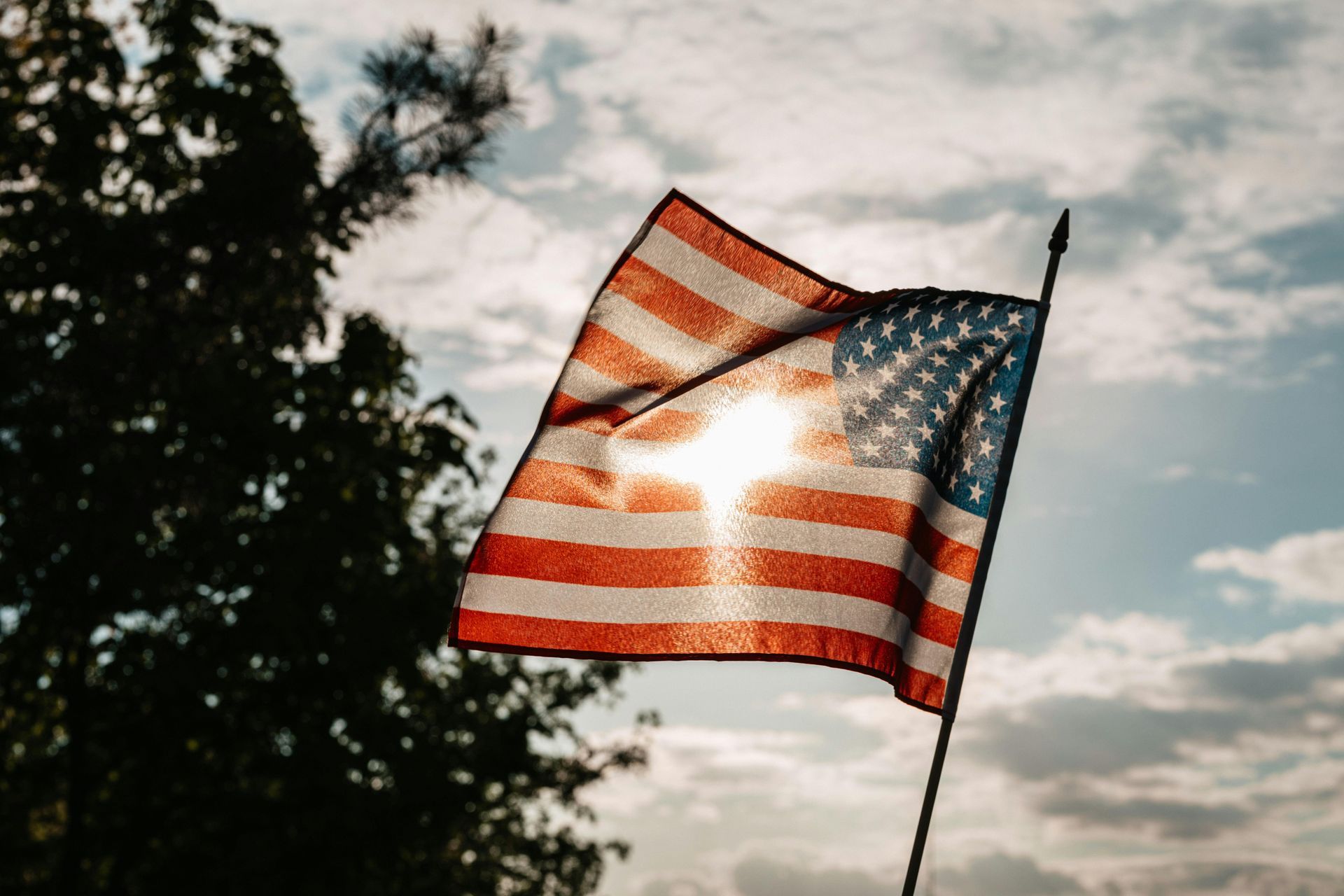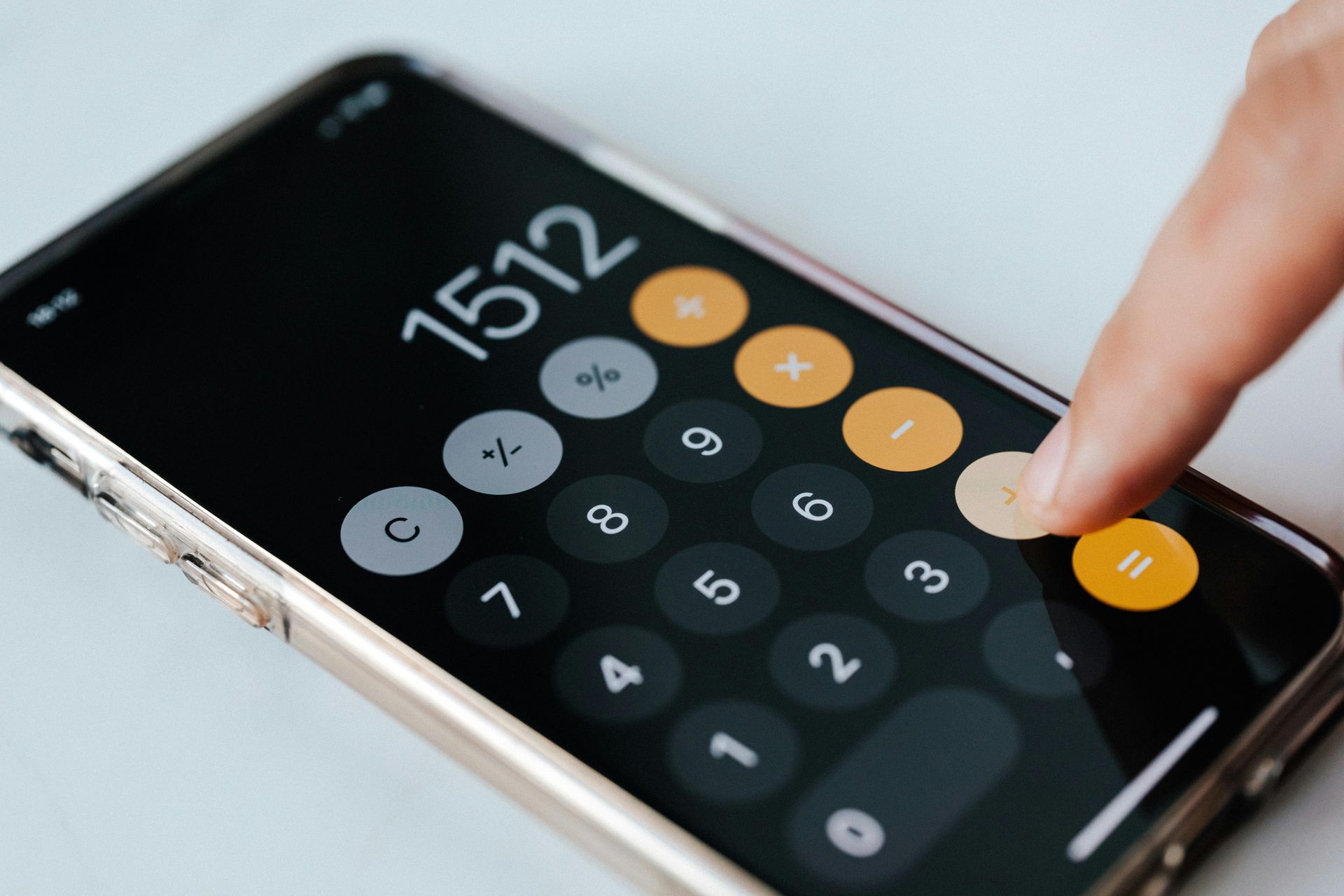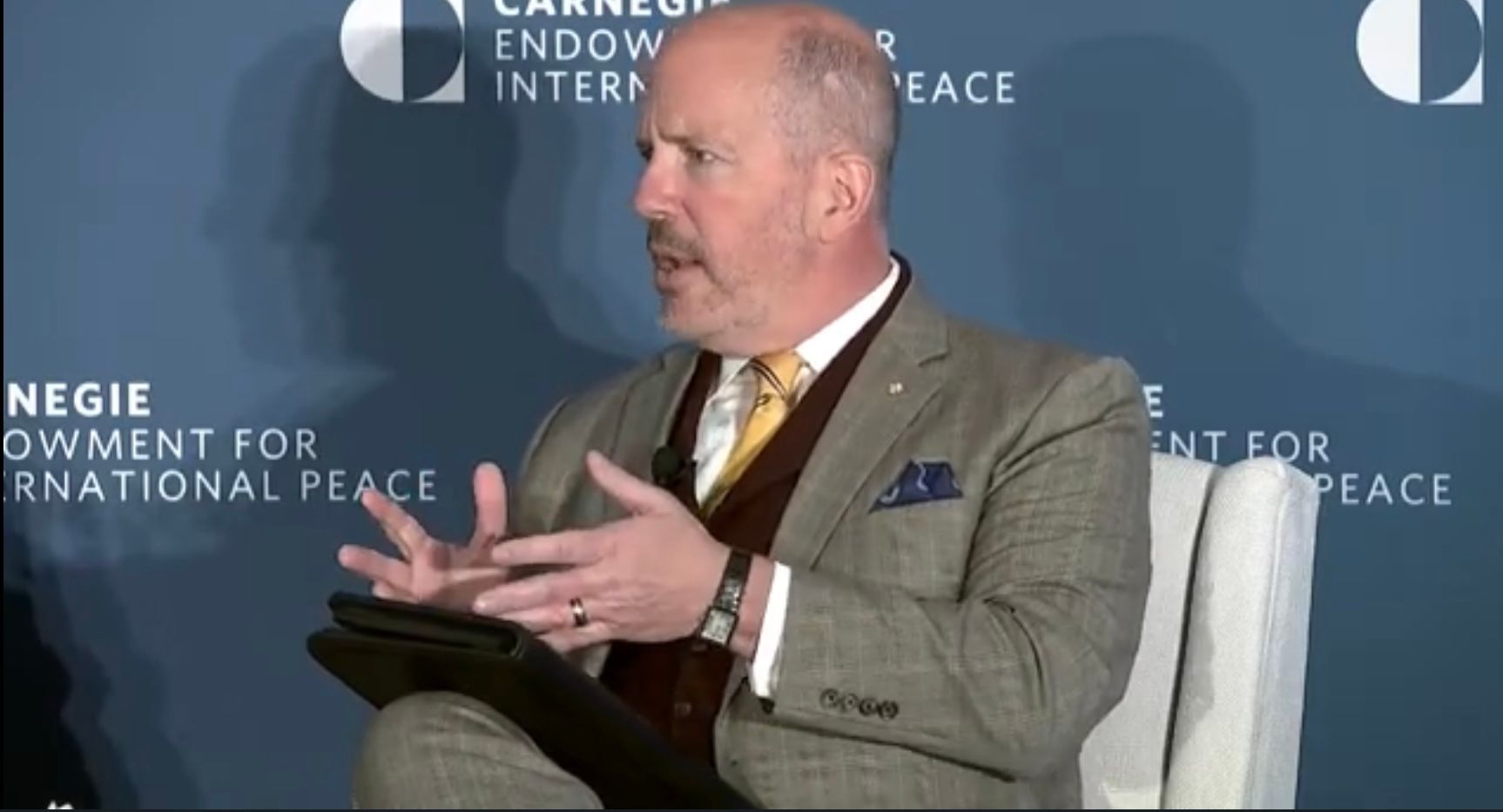Challenges of Knowing and Not Knowing: Verification Diplomacy and Politics
Note:
Below follow the text of remarks Dr. Ford presented in Washington, D.C., on May 25, 2011, to a meeting organized by the National Defense University Foundation.
Good morning, and welcome to everyone. It’s nice to be back at the Capitol Hill Club, and again to be a part of the National Defense University Foundation ’s lecture series. It’s also a pleasure to rejoin Bruce Klingner at this podium, where he and I last discussed these issues last summer.
I thought it might be interesting to say a few words some of the challenging dynamics that affect nuclear negotiations, and that go some way toward explaining both the history of the Iranian and North Korean talks and their problematic future.
There are two tensions I’d like to outline for you, though they are closely related. The first tension is the most widely understood: between what one might call “verifiability” and “negotiability.”
Traditionally, American verifiers tend to look at verifiability through the prism of the so-called Baker-Nitze test. It does not demand utter certainty, but it does require being able to detect things that are of military significance – either individually or cumulatively – in time to be able to take appropriate responsive action. The context will largely determine what sort of verification can pass muster.
In contemporary nonproliferation context, this standard suggests that one’s margin for error has to be quite small. In Cold War strategic arms control, one might perhaps have been able to live with only modest verification error margins. When each side had 30,000 warheads on thousands of delivery systems, it might be permissible for a verification regime to miss a good many weapons or delivery vehicles, because cheating on such a scale wouldn’t necessarily upend the military balance or defeat the purpose of the treaty in regulating the arms competition.
As one contemplates lower and lower numbers, however, the permissible error margins shrink. This is one reason why disarmament is so problematic. (As we discovered in 1945, even a handful of weapons could make a big difference in a world of “zero.” A verifier, in other words, probably needs to be able to catch just about everything.) To a great degree, nonproliferation is similarly problematic: its point isn’t to limit violators to small secret arsenals, but rather to prohibit having weapons at all. If one is talking about a technology as destructive as that of nuclear weapons, prohibitory regimes demand pretty high confidence verification.
And here’s where the tension comes in. Crudely put, if you want a serious agreement that would actually address the proliferation challenge when dealing with a country such as Iran or North Korea, you may need to demand a very great deal in terms of verification intrusiveness. But this, in turn, is likely to be unpalatable to one’s negotiating partner – either simply because its leaders want to continue their pattern of violations, or because such openness could threaten their control over their own population, or both.
This sets up a tension that can play itself out in negotiations. One can see it, for example, in Iran’s resistance to the provisions of the IAEA Additional Protocol , even though the IAEA has itself made clear that in order to really do its job in Iran it needs more legal authority than the Protocol provides. And one can see it in the DPRK’s outrage in 2008, when presented with U.S. verification proposals in the Six-Party Talks.
It can also play itself out within the bureaucracy of a negotiating country, which we saw in particular in the early Six-Party Talks with North Korea. In 2003-04, there was a struggle within the U.S. State Department for who would write the verification working paper, with what was then known as the Verification and Compliance (VC) Bureau arrayed against the East Asia and Pacific (EAP) Bureau and its then-allies in the Policy Planning staff (S/P) in a classic confrontation between the values of verifiability and negotiability.
VC emphasized being able to find the DPRK’s uranium enrichment program and nuclear weapons work in the face of potential deception, while EAP and S/P emphasized not demanding too much for fear that strong demands would preclude agreement. Each side seemed to suspect the worst of the other: VC being suspected of seeking to scuttle the talks by making impossible demands, and EAP and S/P of being so eager for a diplomatic “success” that they didn’t much care whether Washington would be able to tell if Pyongyang cheated. I trust that both such stereotypes were wrong, but much bureaucratic blood was spilled over this. EAP and S/P were ultimately chosen by Secretary of State Colin Powell to be the authors of the State Department’s verification program, and the professional verifiers left on the sidelines.
By way of full disclosure, I was principal deputy assistant secretary of state in the VC Bureau at the time, so there is certainly some temptation here to grind old axes. Whatever the “right” answer was at the time, however, these real-life examples illustrate that there really can be a tension between what one needs to verify an agreement and what one can get in diplomatic negotiations. Sometimes a deal is worth living with some uncertainty, but sometimes no deal may be better than a bad one. I see no a priori right answer. Such are the tough trade-offs that force senior leaders to earn their pay.
The irony in the DPRK case, of course, is that Pyongyang balked anyway. At the end of the day, denuclearization on any terms was apparently too much to ask. But you see my point: there can be tension between verifiability and negotiability, and it can sometimes be acute.
The second tension is closely related, if not indeed another manifestation of this same phenomenon. Tensions can also arise in how one struggles with the diplomatic and negotiating implications of what one already knows.
It’s not too hard to see that there can be incentives to try to know less, as it were, retroactively. In an article published in the mid-1990s , for instance, David Kay – who had stepped down not long before as the United Nations’ chief weapons inspector in Iraq – warned that the politics of arms control verification can mitigate against honesty in compliance assessment by creating incentives to ignore evidence of violations in cases where admitting such problems would tend to force leaders to make difficult diplomatic or even military choices. He offered the example of Allied inspectors ignoring German violations of the Versailles treaty in the interwar years, because their governments were entirely unprepared to do anything in response, and did not wish to suffer embarrassment by having to confront the issue.
If any of you worked on national security issues here on Capitol Hill in the 1990s, you may remember that President Clinton admitted in 1998 that laws providing for punitive sanctions against foreign entities that proliferate ballistic missile or nuclear weapons technology created incentives for him to “fudge” U.S. intelligence assessments. As he put it with almost shocking candor, an automatic sanctions law “puts enormous pressure on whoever is in the executive branch to fudge an evaluation of the facts of what is going on.” To him, in other words, it sometimes seemed easier to pretend that no transfer had taken place than to admit it and have to struggle with the unpleasant choice between sanctions and an embarrassing presidential waiver – especially where countries such as China were concerned.
Despite numerous reports during the 1990s that China had transferred short-range, road-mobile M-11 ballistic missiles to Pakistan, for instance, the Clinton Administration was loathe to admit it. Even after the publication of Pentagon and intelligence agency reports on these transfers, the State Department – that is, the government’s professional negotiators – persisted in its view that there was simply insufficient evidence to justify sanctions against China. Eventually, the Executive Branch admitted that M-11 transfers had occurred , but the president issued a waiver. Arguments over just how absolutely “certain” the government had to be, however, allowed Clinton to put off this delicate issue for several years.
Nor was the Bush Administration at all immune to such temptations. After U.S. intelligence analysts concluded in 2002 that North Korea was engaged in a secret uranium enrichment program in violation of its agreements with the United States and South Korea, U.S. diplomats faced a problem. The existence of this program made it much harder to reach a nuclear agreement with the DPRK, much harder to devise measures for verifying any such agreement if it were reached, and much more likely that Pyongyang would reject the verification regime that would be required.
There was indeed some precedent for simply ignoring evidence of North Korean nuclear violations in order to reach a deal. The Clinton Administration, in fact, had determined to turn a blind eye to its own intelligence assessments that the DPRK probably already had one or two nuclear weapons by the time of the 1994 Agreed Framework. Don’t get me wrong: this choice to “defer” indefinitely the issue of pre-existing weapons was done for a reason. Faced with the possibility North Korea would soon begin full-scale plutonium production and create a sizeable nuclear arsenal, the United States opted, in effect, to ignore a very small number of probable existing weapons in order to preclude the creation of a large number of new ones.
Now, a decade later, some U.S. officials seem to have been tempted to do the same thing with North Korea’s uranium program – even though what was at issue here was the potential existence not of one or two plutonium weapons but an entire uranium weapons pipeline. Before too long, the Bush Administration was agonizing, internally, about how certain it really was about the nature and extent of the enrichment effort.
Inside the bureaucracy, as I have recounted elsewhere , officials in the State Department’s intelligence bureau began working to downplay both the significance of the available information on DPRK uranium. As time went by, even amongst senior policymakers, uranium intelligence became a sharply contentious issue. At issue was not just how long the DPRK had been violating the Agreed Framework – with all this implications this might hold for Pyongyang’s trustworthiness as a negotiating partner – but also how extensive the uranium program was, and thus what it would be necessary to demonstrate having dismantled or removed before declaring “success.” This was part of the background for the disputes in 2003-04 between “negotiator” and “verifier” factions within the State Department.
By early 2007, the Bush administration was feeling especially hard-pressed to show diplomatic progress, and increasingly seemed to want to know less about DPRK uranium. In fact, the chief U.S. negotiator, Ambassador Christopher Hill, was backing away from the administration’s own prior assessments about North Korean uranium work. He now avoided phrasing that would suggest the existence of an extensive program, now referring only to us having detected “certain purchases of equipment” such as “aluminum tubes.” Hill even publicly raised the possibility that “the tubes do not go to an HEU program” at all, a suggestion with which DPRK officials happily agreed in the official “declaration” they later offered. During the course of 2007, U.S. officials also gave their DPRK counterparts more and more specific information about U.S. intelligence on uranium-related procurements, including about specific transactions involving high-strength aluminum tubes.
One almost senses here that U.S. officials were trying to recreate the kind of informational ambiguity that would have been necessary for a decision indefinitely to “defer” uranium as the Clinton Administration in 1994 had “deferred” the issue of North Korea’s likely already-existing nuclear weapons. The rationale for such a choice was now visible in new and notably publicized “doubts” that U.S. officials now claimed to have over DPRK enrichment – doubts allegedly based in a decline in new reports of illicit DPRK uranium-related procurement.
In retrospect, of course, it seems clear that these conveniently negotiation-facilitating U.S. “doubts” were unfounded. Indeed, any diminishment of incoming intelligence reporting – if indeed diminishment there really was – was likely due either to Pyongyang having largely finished buying what it needed or to improved DPRK security now that U.S. leaks had made it public knowledge that we were tracking the uranium program by following aluminum tube procurement.
U.S. officials also gave fairly detailed briefings to the Chinese and even the North Koreans themselves about what we believed Pyongyang to have procured, briefings that raised the disturbing possibility that U.S. diplomats would be able to declare their negotiations a “success” in resolving the uranium issue if the DPRK merely turned over a quantity of tubing conveniently corresponding to the numbers we had told them we knew about. The groundwork seemed to be being laid for a deal lacking – and going to some lengths to claim not to need – intrusive verification.
Something of the sort indeed began to take shape in a series of meetings in 2008, when Ambassador Hill and his DPRK counterpart agreed an arrangement whereby Pyongyang would be said to have addressed U.S. concerns about uranium enrichment, proliferation to Syria, and DPRK nuclear weapons simply by signing a side letter. In that missive, which would be kept confidential, United States would set forth the details of what it believed about these matters. After this, the DPRK would “acknowledge the U.S. conclusions.” The Bush Administration accepted this dodge, and apparently duly got such a North Korean “acknowledgment” of our “concerns.” Hill defended this approach in Congressional hearings that summer, describing it as “the basis for a rigorous process of verifying all of the DPRK’s nuclear programs.”
Clearly, there is something in the politics of arms control verification that can pit us, in a sense, against ourselves. Especially in contexts such as the Iranian and North Korean negotiations, we struggle over how strong a verification regime to insist upon, caught between our desire to reach a deal and the need to be warned of cheating. We sometimes also struggle with how to deal with what we already know about our negotiating counterparts.
I do not mean to suggest that these tensions are the principal obstacles to agreements with Iran and North Korea today. In fact, as daunting as they may be, I think these are secondary problems. The biggest difficulty in both cases is more basic. The nuclear negotiations with Iran aim to achieve Iran’s suspension of enrichment and reprocessing work. Iran does not want to do this, however, intending either to develop nuclear weapons or at the very least to maintain an ongoing weapons “option,” but in neither case showing the slightest willingness to give up fissile material production capabilities. Verifiability is thus only a secondary problem, because there is presently little prospect of a deal that would need verification.
In North Korea, the nuclear talks have similarly revolved around asking Pyongyang to do what it has made pretty clear it is unwilling to do: abandon its nuclear weapons program. Here too, verification is consequently not of primary importance because there will likely be no agreement to verify.
In neither country does there seem to be much change of a deal without either an American abandonment of longstanding nonproliferation objectives or a basic change in strategic policy by Iran or North Korea. All the same, I hope this discussion can help cast a bit of light onto some of the politics of arms control verification – with which, if we are lucky, our diplomats shall someday have a chance to wrestle again.
-- Christopher Ford
